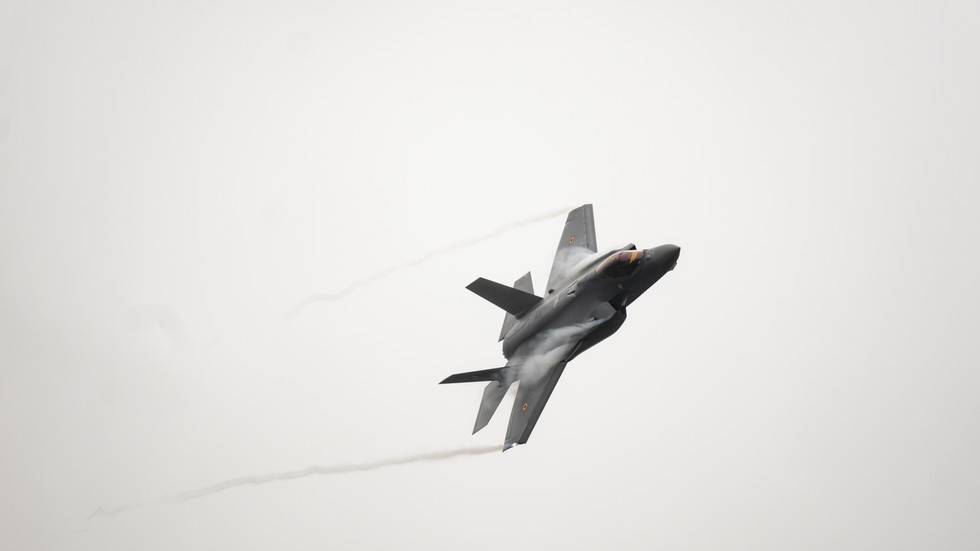Beijing is set to reopen its domestic bond market to major Russian companies, including Rosatom and Gazprom, allowing them to issue yuan-denominated ‘panda bonds’. This move comes after Russian companies were barred from Western capital markets due to sweeping sanctions following the escalation of the Ukraine conflict in 2022. As a result, Russian firms have been seeking alternative financing options in Asia.
According to reports, Chinese regulators have informed executives that they will support plans to issue panda bonds, which are yuan-denominated debt sold by foreign issuers in China. Russian issuers are reportedly interested in placing bonds on the Chinese market, with Deputy Finance Minister Ivan Chebeskov stating that discussions with Chinese counterparts are ongoing.
The potential revival of Russian panda bonds is expected to start with a handful of issuers, including Rosatom and its subsidiaries, which have not been hit by sanctions. However, any Russian bond sales would still require clearance from Chinese regulators, and investors would need to weigh the risk of secondary sanctions. Danske Bank analyst Allan von Mehren noted that the risk of secondary sanctions has made banks cautious about deals that could be viewed as breaching or undermining sanctions.
In a related development, Chinese rating agency CSCI Pengyuan has given Gazprom its top AAA rating, paving the way for potential debt issuance in China’s domestic bond market. This move comes as Presidents Xi Jinping and Vladimir Putin strengthen their ‘no limits’ partnership, with Putin recently calling for a joint financial infrastructure for Global South countries and proposing that members of the Shanghai Cooperation Organization issue joint bonds.
The reopening of China’s domestic bond market to Russian companies marks a significant development, as it would be the first Russian corporate fundraising in mainland China since 2022. The move is also seen as a testament to the deepening partnership between China and Russia, with potential implications for the global financial landscape. As the situation unfolds, it remains to be seen how the revival of Russian panda bonds will impact the market and whether other Russian companies will follow suit.



